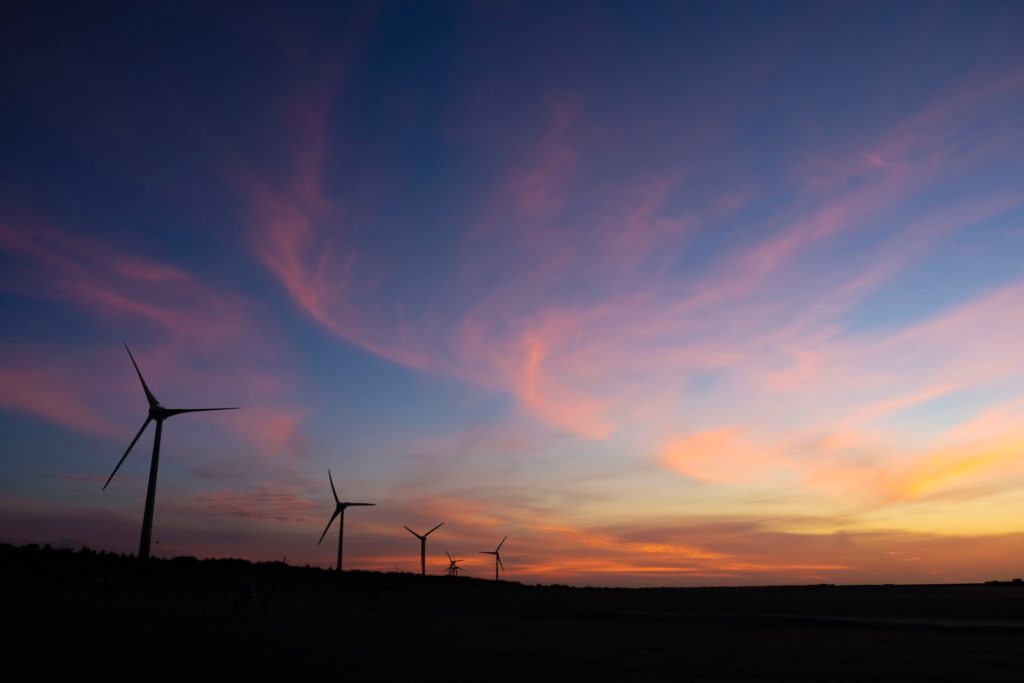 On October 22, 2020, APF joined with the American Energy Alliance and 40 other organizations to send the following letter to Senate Majority Leader Mitch McConnell to end the Production Tax Credit. Click here to open a printable PDF of the letter in a new tab.
On October 22, 2020, APF joined with the American Energy Alliance and 40 other organizations to send the following letter to Senate Majority Leader Mitch McConnell to end the Production Tax Credit. Click here to open a printable PDF of the letter in a new tab.
Dear Majority Leader McConnell:
After a dozen extensions and nearly three decades on the books, it’s time to end the Production Tax Credit.
The Production Tax Credit (PTC) for wind energy was created in the Energy Policy Act of 1992. The PTC provides wind energy companies with a tax credit per kilowatt-hour of renewable electricity generation for the first 10 years a facility is in operation. The PTC was originally scheduled to expire in the year 1999, but Congress has extended its lifespan repeatedly, most recently at the end of 2019. Our coalition urges you to make that extension the last concession to the wind lobby.
Ending the wind PTC is an important energy policy course correction. First, it is pro-taxpayer. Since it was created in 1992, taxpayers have sent billions of dollars in credits to large multinational corporations in the wind industry. The U.S. Treasury estimates that the Production Tax Credit will cost taxpayers $40.12 billion from 2018 to 2027. With its most recent extension, the PTC will keep wind on the federal dole well into the 2030s.
Second, it is pro-consumer. Since wind is an unreliable intermittent source of energy, it requires extensive back-up from power sources like combined cycle natural gas. But keeping natural gas on standby means operation is less efficient than it otherwise would be, causing higher costs for ratepayers. Despite the rhetoric about falling costs, existing natural gas power plants and coal power plants are far more affordable than new wind generation. On a dollar per kilowatt-hour basis and including the imposed costs, new wind power generation is twice as expensive as existing natural gas power.
Third, Americans deserve reliable power. With a natural bounty of energy resources, Americans have only self-imposed imbalances to fear. Flooding the grid with intermittent wind generation makes blackouts like California recently experienced a looming threat to all Americans. The PTC creates a false signal that makes California-style blackouts more likely in future.
Rather than having the fingers of Congress tipping the scales, our power sector should follow the wisdom of the market, providing the most reliable possible service at the lowest possible cost. In some regions, such as the windy Great Plains, market conditions will support wind’s role in the energy mix. In regions lacking geographic advantages, such as the South, wind may have little role. A Congressional carveout for wind confuses the market and creates artificial incentives.
In fact, the wind lobby itself has suggested the PTC has run its course. In 2016, Tom Kiernan, CEO of the American Wind Energy Association, stated that “wind is now the cheapest source of new electric generating capacity” in many parts of the United States. Kiernan is also fond of implying that the wind industry is getting out of the federal subsidy business altogether, such as in 2017 when he said “we made a deal to drop our tax credit to zero over five years.” Likewise, on a 2018 earnings call, James Robo, CEO of NextEra Energy, predicted that within a decade the cost of wind generation would be more competitive “without incentives” than sources like natural gas and coal. Yet here we are in late 2020, with the wind industry mustering considerable funding to lobby for more taxpayer aid.
Despite the billions of dollars drained from taxpayers and the state mandates that force utilities to prioritize it, wind power makes up just 7 percent of U.S. electricity generation today. The PTC has run its course. Tempting though it may be, Congress should not fall prey to the sunk cost fallacy. Though billions of dollars have been squandered already, we urge Congress to cut off the wind welfare tap.
Sincerely,
Tom Pyle
American Energy Alliance
Bethany Marcum
Alaska Policy Forum
et al.